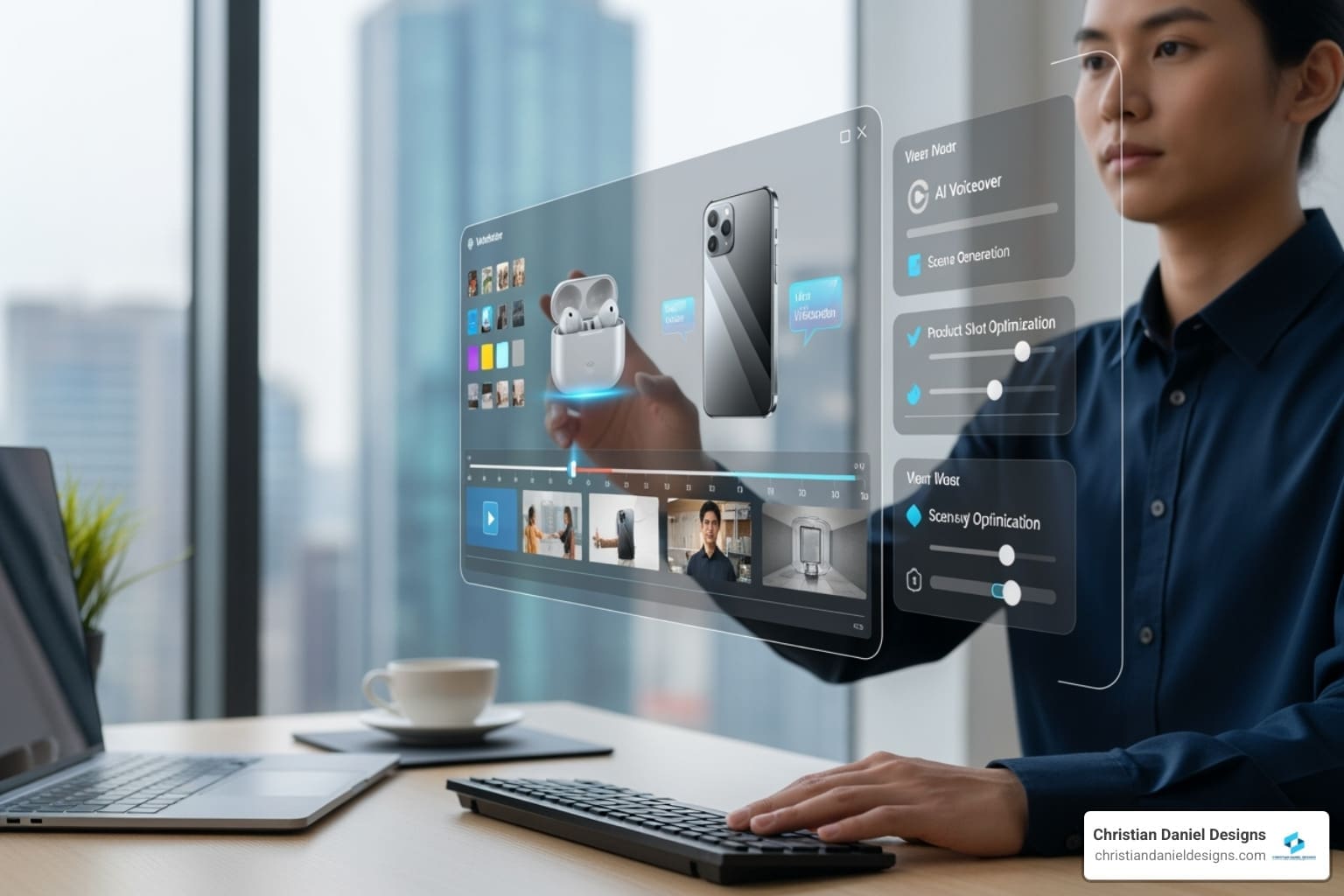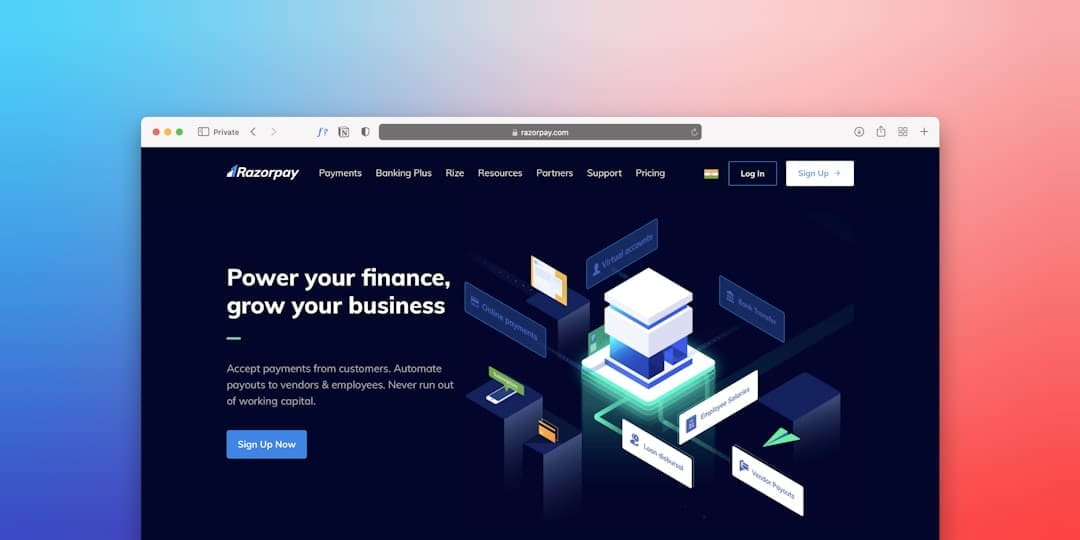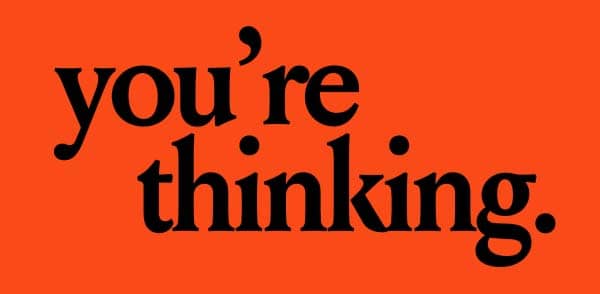Website designers for small business near me 2025: Expert
Why Finding the Right Local Web Designer Matters for Your Business
If you’re searching for “website designers for small business near me,” you’re looking for more than a technician—you need a business partner. Here’s a quick guide to get you started:
How to Find Local Web Designers:
- Search Google Maps for “website designers near me”
- Check local business directories and Chamber of Commerce listings
- Ask for referrals from other business owners in your area
- Browse platforms like Thumbtack, Bark.com, or Fiverr
- Look for designers with portfolios showing work in your industry
- Schedule consultations with 2-3 designers before deciding
Your website is your digital first impression. With 97% of people searching online for local businesses, and 46% judging your company’s credibility by its website, a professional online presence is non-negotiable. In fact, 30% of consumers won’t even consider a business without a website.
Think of your site as your 24/7 salesperson. It works while you sleep, generating leads and building trust. Without it, you’re losing customers—even with word-of-mouth referrals, as 60% of people will research you online before making contact.
With over 252,000 new websites created daily, your competitors are online. Businesses that accept digital marketing grow at a rate 40% higher than those that don’t.
I’m Christian Daniel, and over the past 20 years, I’ve helped dozens of small businesses across Queens, Jersey City, and Hoboken transform their online presence. My experience producing award-winning websites for brands like The Plaza Hotel taught me exactly what separates a website that just exists from one that actually generates revenue.
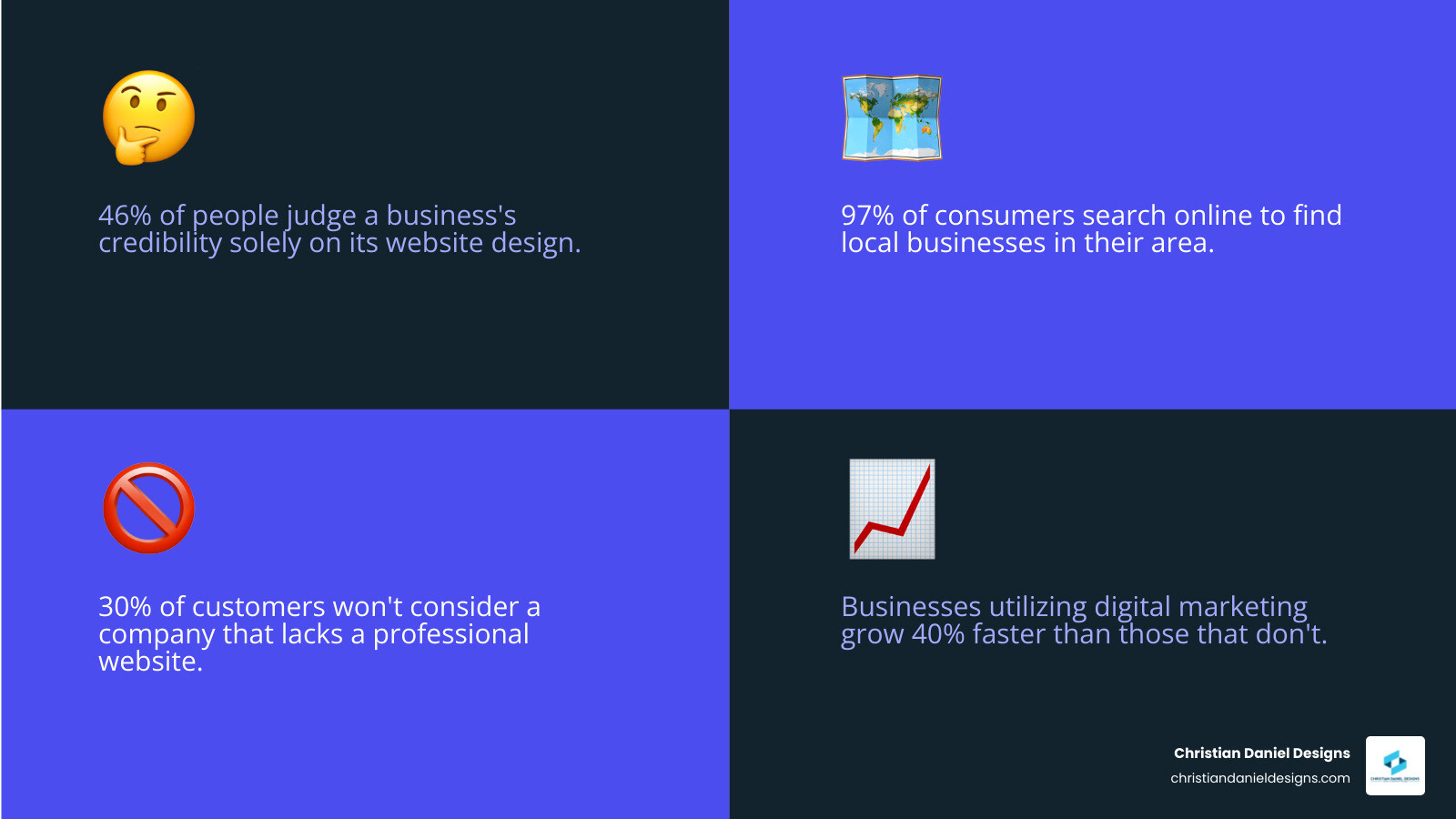
Basic website designers for small business near me glossary:
Why a Local Designer Gives You a Competitive Edge
When you’re searching for website designers for small business near me, you’re looking for a partner who understands your business and your community. A local designer brings genuine market knowledge you can’t Google. I live and work in Queens, Jersey City, and Hoboken, so I understand the neighborhoods, the competition, and the culture.
Face-to-face collaboration matters. I can meet you at a local cafe to sketch ideas, make fast decisions, and address urgent issues the same day. That proximity also means accountability and clearer communication.
Hiring local keeps your investment in the community and strengthens the local economy—as Forbes research on the best states for business shows, strong local ecosystems create better outcomes. My goal is a long-term partnership rooted in shared community investment.
The Power of a Local Partnership
Because I’m local, I know your local competitors and what works in the local market. In-person strategy sessions foster deeper collaboration and quick problem-solving. I take time to understand your goals and challenges—you can learn more on my personalized approach.
A Case Study: The North Carolina Advantage
North Carolina’s thriving web design scene around Research Triangle Park shows how a concentrated tech talent pool and lower business costs create big value for small businesses. When a designer is part of a vibrant local ecosystem—ike the one in North Carolina—you get quality, efficiency, and insights that solo, isolated providers can’t offer.
Decoding the Services: What to Expect from Your Web Designer
When you hire a web designer, you’re investing in a strategic asset that works around the clock to grow your business.
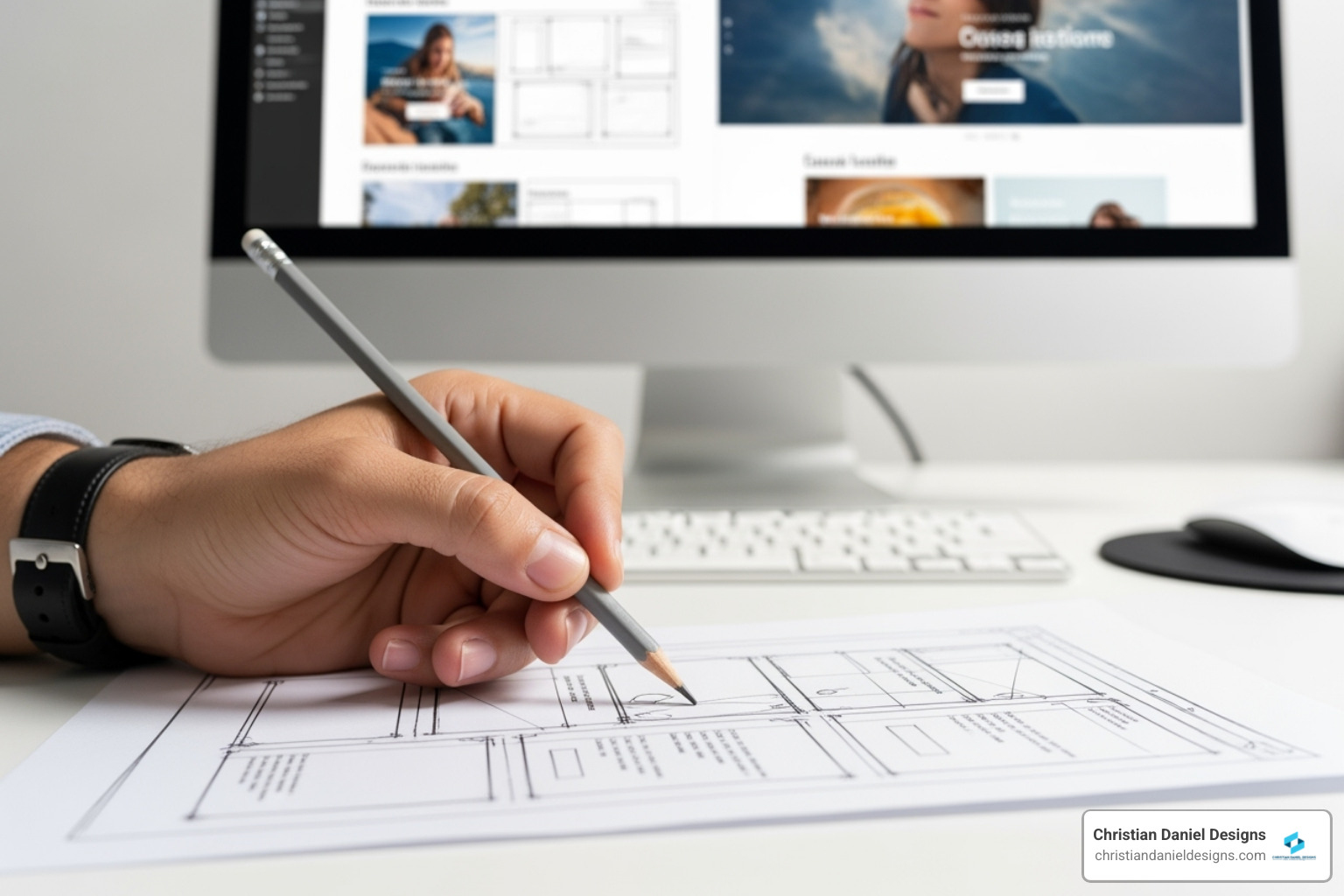
There’s web design (architecture and visuals) and web development (the code). I handle both to deliver a seamless result. A strong website designer for small business near me typically offers:
- User Experience (UX) & User Interface (UI) Design: Intuitive, enjoyable sites.
- Branding and Logo Design: A consistent identity that builds trust.
- Content Creation and Strategy: What to say, how to structure it, plus pro video editing when needed.
- SEO Integration: Built for Google from day one.
- E-commerce Functionality: Secure stores and smooth checkout.
- Mobile-First Design: With 60% of internet traffic on mobile, your site must work on any screen.
- Website Maintenance and Support: Security, updates, and reliability after launch.
For more, see my Custom Website Design Ultimate Guide.
Key Elements of a Winning Small Business Website
- Clear navigation so visitors never feel lost.
- Strong calls-to-action (CTAs) like “Call Now” or “Get a Quote.”
- High-quality imagery and video to convey credibility.
- Compelling copy that connects with your audience.
- Contact information visible on every page.
- An “About Us” page to build trust.
- A detailed services or products page outlining your offer.
- Testimonials and reviews for social proof.
The Critical Role of SEO and Mobile-First Design
Google primarily uses the mobile version of your site for ranking, so mobile-first design is non-negotiable. If your site isn’t responsive, nearly 70% of users will leave. Local SEO (including your Google Business Profile) helps you win “near me” searches, while page speed optimization ensures you don’t lose impatient visitors. As the Local Consumer Review Survey from BrightLocal shows, poor usability sends customers to competitors. For a comprehensive look, see my Designing Small Business Website Guide.
The Hiring Blueprint: How to Choose the Right Website Designers for Small Business Near Me
Finding the perfect website designers for small business near me is easier with a clear strategy.
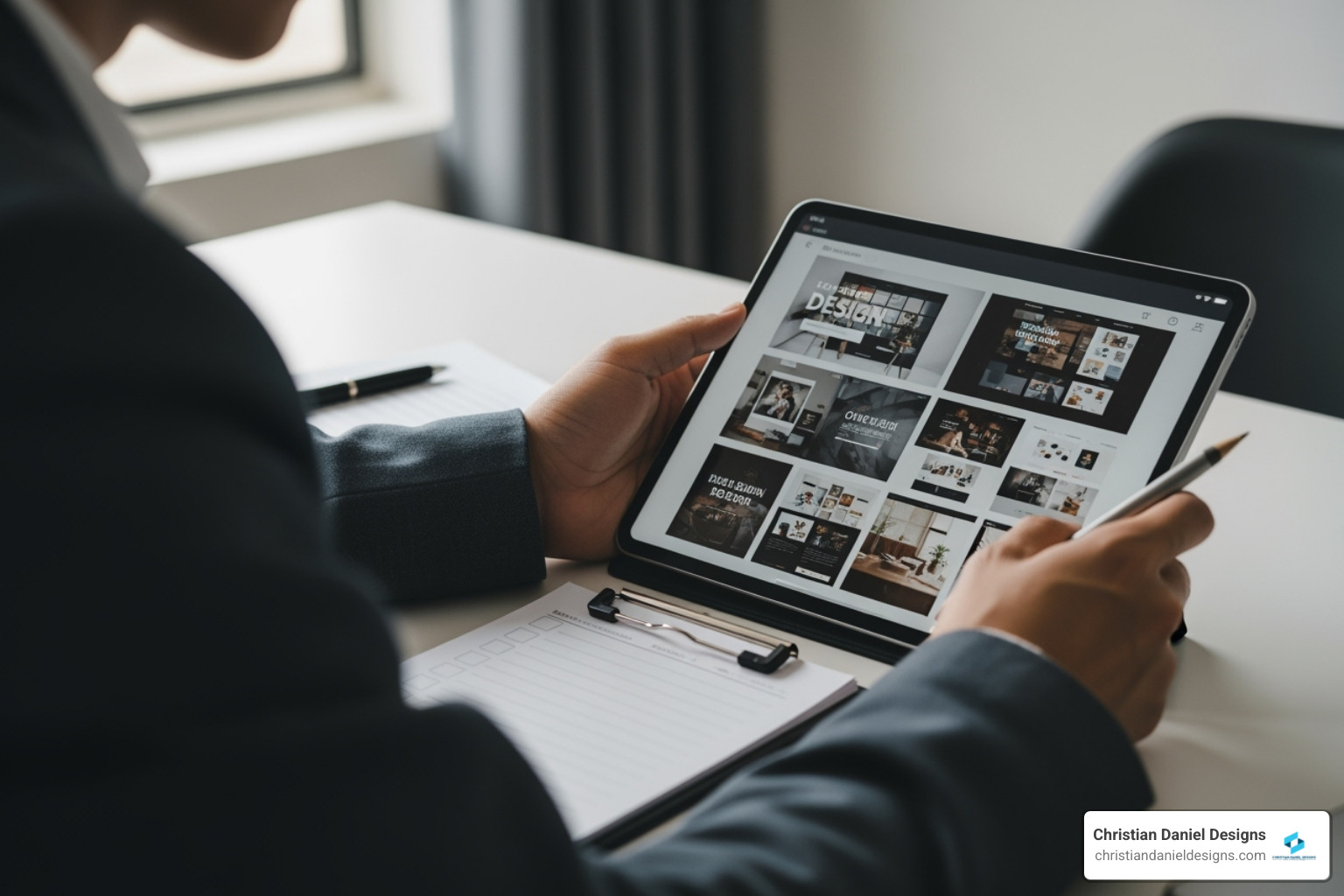
Start by evaluating their portfolios. Look for designs that resonate with your brand and check for functionality and mobile responsiveness. Beyond aesthetics, dig into reviews and testimonials on platforms like Thumbtack and Bark.com to see what past clients say about their communication and reliability. A professional designer should have a transparent process and be able to explain technical concepts clearly. A designer familiar with your niche might also better understand your target audience. For a comprehensive guide on selecting the right professional, check out my Web Designer Ultimate Guide.
How to find website designers for small business near me
Here are the most effective ways to locate top-tier website designers for small business near me:
- Google Maps Search: This is often the quickest way to find local professionals. Simply type “website designers for small business near me” or “web design NYC” (if you’re in my area!) into Google Maps. You’ll see a list of businesses, often with reviews and contact information.
- Local Business Directories: Websites like Yelp, Yellow Pages, or even your local Chamber of Commerce listings are excellent resources for finding businesses within your community.
- Asking for Referrals: Word-of-mouth is still powerful. Ask other small business owners in your network who designed their websites. Their experiences can provide invaluable insights.
- Online Platforms (e.g., Thumbtack, Bark.com, Fiverr): These platforms allow you to post your project and receive quotes from various designers. While many designers on these platforms work remotely, you can often filter for local professionals. However, I pride myself on direct, personalized collaboration that goes beyond what these platforms typically offer.
- Local Networking Events: Attending local business meetups or industry-specific events can connect you directly with designers in your area.
- Social Media: Search local business groups on Facebook or LinkedIn for recommendations and examples of work.
When you’re in New York City, Queens, Jersey City, or Hoboken, I am one of the dedicated website designers for small business near me that you’ll find, specializing in creating custom, fast, and mobile-friendly websites that deliver results.
Freelancer vs. Agency: Which is Right for You?
One of the biggest decisions you’ll face is whether to hire a freelance web designer or a web design agency. Both have their merits, and the best choice depends on your specific needs, budget, and project complexity.
A freelancer, like myself, offers a highly personalized, one-on-one relationship. You work directly with the expert, which means communication is direct and the process is often more flexible and cost-effective. This is ideal for small to medium-sized businesses that want a custom solution with a personal touch.
An agency has a larger team with specialized roles (design, development, marketing). This can be good for very large, complex projects requiring a wide range of services simultaneously, but it often comes with higher overhead costs, less direct contact with the lead creatives, and slower communication. For most small businesses, the direct collaboration and cost-efficiency of a dedicated freelancer provides the best value. You can learn more about my approach for business owners here.
How can a small business ensure their website is mobile-friendly and responsive?
Making sure your website works beautifully on mobile devices isn’t just a nice-to-have; it’s essential. With 60% of all internet traffic now coming from mobile devices, if your site doesn’t work well on a smartphone, you’re essentially turning away more than half your potential customers.
Ensuring your website is mobile-friendly doesn’t have to be complicated. The key is responsive design, which means your website automatically adjusts its layout and content to fit any screen size. It’s one flexible design that works everywhere.
When I build websites, I always start with a mobile-first approach. This means I design for smartphones first, then scale up to larger screens. This approach forces a focus on what truly matters—no room for clutter or unnecessary elements that slow things down.
Page speed is another critical piece of the puzzle. Mobile users expect your site to load fast. Nearly 70% of users will leave a website if it’s not mobile-friendly or fast enough. I optimize every image and streamline the code to ensure my sites load quickly, aiming for a 100 Google Page Speed score on every project.
Your site’s navigation must be simple on mobile, with buttons large enough to tap easily and text that’s readable without zooming. Before any site I build goes live, I test it thoroughly on actual devices and use tools like Google’s Mobile-Friendly Test to catch any issues.
Google now uses mobile-first indexing, meaning it primarily looks at the mobile version of your site for search rankings. A poor mobile experience will cause your search rankings to suffer. The most reliable way to ensure this is done right is to work with a professional who prioritizes responsive design from the start. When you’re interviewing website designers for small business near me, ask them directly about their mobile-first approach. For more insights, check out my Designing Small Business Website Guide.
What role does SEO play in web design for small businesses?
When I’m designing websites for small businesses, I always tell clients that SEO isn’t something to sprinkle on at the end—it’s baked into every decision from day one. A stunning website is useless if nobody can find it.
SEO is what makes your website findable. As mentioned earlier, 97% of people go online to find a local business. When someone searches for “best pizza in Queens,” you want to show up on that first page of results. Without proper SEO built into your site’s foundation, you’ll remain invisible to potential customers.
SEO and credibility go hand-in-hand. When your website ranks high on Google, people automatically perceive your business as more trustworthy. This judgment starts with where you appear in search results. The beauty of SEO-optimized web design is that it brings you targeted traffic—people who are actively searching for what you offer and are much more likely to become customers.
For small businesses, local SEO is absolutely critical. This is where optimizing your Google Business Profile and incorporating location-specific keywords becomes essential. When someone searches for services “near me,” you want to be at the top. The urgency is real—70% of mobile searches lead to online action within one hour.
Many of SEO’s best practices—like fast loading times, mobile-friendliness, and clear navigation—are the same things that create a better user experience. Google has gotten smart enough to recognize that what’s good for users is good for search rankings. It’s a win-win.
The competitive advantage is significant. With 252,000 websites created daily, businesses that integrate SEO into their web design from the start grow at a rate 40% higher than those that don’t. That’s the kind of strategic thinking that turns a website from a digital brochure into a powerful business tool that generates revenue.
How can a small business evaluate the portfolio and experience of a potential web designer?
Finding the right web designer is like hiring a key team member—you want someone whose work speaks for itself. When you’re searching for website designers for small business near me, evaluating their portfolio and background is your most powerful tool.
Here’s how I recommend you assess a designer’s work and credentials.
1. Analyze Their Portfolio (Beyond the Pretty Pictures)
A designer’s portfolio is their visual resume. Don’t just scroll through screenshots; click around on the actual websites.
- Look for industry relevance. Have they designed sites for businesses like yours? Experience in your industry means they already know the best practices.
- Assess the design style and quality. Does their aesthetic align with your brand vision? 59% of people prefer a beautifully designed website, so visual appeal matters.
- Test the sites on your phone. With 60% of internet traffic coming from mobile devices, a designer who doesn’t prioritize responsive design is a major red flag. If their portfolio sites are clunky on mobile, walk away.
2. Dig Into Results and Client Feedback
Case studies separate designers who make things look good from those who drive business results. Look for designers who can articulate the results they’ve achieved for past clients, not just the features they built.
Client testimonials offer invaluable insights into the working relationship. Do past clients praise the designer’s communication style and ability to meet deadlines? Look for patterns. If possible, ask to speak directly with a past client.
3. Evaluate Their Own Website—It’s the Ultimate Portfolio Piece
A web designer’s own website tells you everything. If their site is slow, confusing, or looks dated, why would yours be any different? When you visit their website, ask yourself: Is it fast and mobile-friendly? Does it clearly communicate their services? My own site at christiandanieldesigns.com reflects the same quality and attention to detail I bring to every client project.
4. Understand Their Process and Experience
A professional designer will have a clear, structured process. Ask them to walk you through it. My 20+ years in the industry represents hundreds of projects and a deep understanding of what works for small businesses. Ask potential designers about their specific expertise in e-commerce, SEO, or other services like the video editing I provide.
5. Pay Attention to Communication
How does the designer communicate during your initial conversations? Are they genuinely listening, or just waiting to pitch? Do they explain technical concepts in a way you can understand? Direct client collaboration is something I prioritize because it leads to better results. If a designer is hard to reach during the sales process, it will only get worse after you’ve hired them.
By thoroughly evaluating these aspects, you’ll be equipped to choose a web designer who can deliver the professional online presence your business deserves.
What are the key elements of a good website design for a small business?
After two decades of creating websites for small businesses, I can tell you that a good website is a strategic tool that works around the clock to attract visitors, build trust, and turn them into customers. Here are the essential elements:
- Clear, Intuitive Navigation: Visitors should never feel lost. Information should be easy to find within a few clicks.
- Strong Calls-to-Action (CTAs): Prominent buttons like “Get a Free Quote” or “Book an Appointment” tell visitors exactly what to do next.
- High-Quality Imagery and Video: Professional visuals capture attention and convey credibility. This is where my video editing expertise helps my clients stand out.
- Compelling Copy: Skip the jargon. Speak directly to your customers’ needs in clear, benefit-driven language.
- Easily Accessible Contact Information: Your phone number, email, and address should be on every page.
- An “About Us” Page: This is where you tell your story, share your values, and build a human connection.
- Testimonials and Reviews: Social proof from happy clients builds trust faster than anything you can say about yourself.
- Mobile-Friendly and Responsive Design: With 60% of internet traffic on mobile devices, your site must function flawlessly on every screen size. Nearly 70% of users will leave a website if it is not mobile-friendly.
- Fast Loading Speed: A slow website frustrates users and hurts your search rankings. I custom-code websites to be lightning-fast, aiming for a 100 Google Page Speed score.
When you work with website designers for small business near me who understand these elements, you’re not just getting a website. You’re getting a 24/7 employee that works to grow your business.
How can a small business leverage a web designer to stand out from local competitors?
In a crowded local market, a “pretty good” website isn’t enough. A skilled web designer is a strategic partner who can make local customers choose you over the competition.
Here’s how I help my clients stand out:
-
Create a Unique Brand Identity: Your business has a unique story. I translate that personality and value into a custom design that creates an immediate emotional connection, unlike the generic templates your competitors might use.
-
Deliver a Superior User Experience: While others have clunky, confusing websites, I build an intuitive, seamless experience that guides people from “just looking” to “ready to buy.” A better experience means visitors stay longer and are more likely to convert.
-
Dominate with Local SEO: Many businesses neglect local search. I build websites with local SEO baked in from the foundation, optimizing for “near me” searches in your specific service area. This helps you capture customers your competitors are missing.
-
Use Professional, Custom Visuals: If your competitors are using generic stock photos, you can win by showcasing your actual team and work. With my video editing expertise, I help you create high-quality, authentic visual content that builds genuine trust.
By focusing on a unique brand identity, a flawless user experience, smart local SEO, and authentic visuals, your website becomes a powerful tool that doesn’t just look better than the competition—it performs better, too. When you work with the right website designers for small business near me, you gain a competitive edge that tilts the playing field in your favor.
What are the ongoing costs for a small business website?
Building your website is the first step; maintaining it is an ongoing commitment. Understanding these costs upfront helps you budget properly and keeps your digital storefront running smoothly.
Think of these as investments in your 24/7 employee, ensuring it stays secure, fast, and effective.
- Domain Name: Your web address (yourbusiness.com). This is an annual renewal, typically costing $10 to $20 per year.
- Web Hosting: This is the “rent” for your website’s space on the internet. Costs can range from $10 to $100+ per month.
- SSL Certificate: This secures your site (the “https” padlock) and is crucial for security and SEO. Basic SSL is often free with hosting, but e-commerce sites may need a premium one for $50 to $300+ annually.
- Website Maintenance Plan: This is the most important ongoing cost, typically $50 to $500+ per month. It covers essential services like software updates, security monitoring, backups, and technical support. My plans start at $150/month and often include hosting. Neglecting maintenance is a major risk that can lead to a hacked site, damaging your reputation and search rankings.
- Content Updates & SEO: While my sites are built with foundational SEO, ongoing optimization ($200 to $1,000+ monthly) is recommended to stay competitive. Significant content additions, like new pages or professional videos, may also be an additional cost.
- Premium Software/Plugins: If your site uses special tools for e-commerce, bookings, or marketing, these often have their own monthly or annual subscription fees.
A basic informational website might have ongoing costs starting around $50-$150 monthly, while a complex e-commerce site could easily run $200-$500+ per month. These are investments in keeping your digital storefront open, secure, and working hard to grow your business. For more details on affordable website options, check out my guide on inexpensive websites for small businesses.
Conclusion
Your search for website designers for small business near me is really about finding the right partner. A local designer who understands your market—as I do in Queens, Jersey City, and Hoboken—brings an edge you can feel in faster communication, deeper insight, and better results.
The takeaway is simple: your website is an investment, not an expense. With 97% of people searching online for local businesses, a professional, high-performing site is essential. Businesses that lean into digital marketing grow 40% faster than those that don’t.
With 20+ years of experience—rom award-winning work for The Plaza Hotel to custom sites for neighborhood shops—I build fast, mobile-first, SEO-optimized websites that generate leads and revenue. I collaborate directly with clients to tell a compelling story and deliver measurable outcomes.
If you’re ready to lift your online presence, contact me. I’m ready to discuss your project and build a website that gets results. I’m here to help your small business thrive online.


